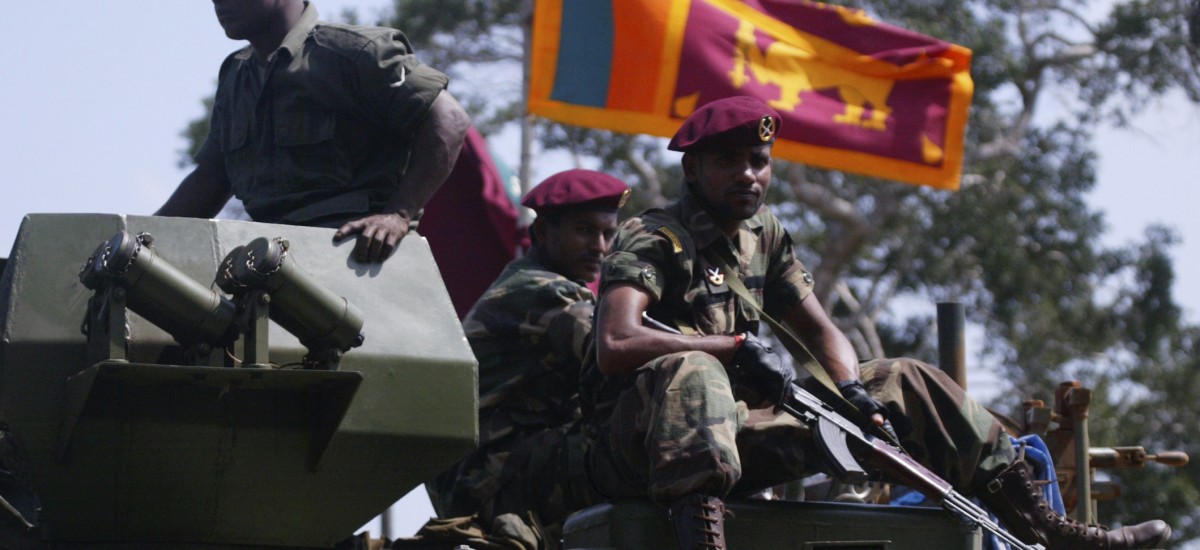Featured image courtesy DNAIndia
We daily read and often hear of “war heroes”, and of our duty from protect them from any charges of misconduct. This is one of the few issues on which there is virtual consensus among Sinhalese political leaders. Even non-Sinhalese political leaders seem to be reluctant to directly challenge this position. However, there is much debate on related issues such as terrorism, war crimes, human rights violations and transitional justice.
There are broad internationally accepted definitions of these terms, subject to much dispute on some of the finer points. But I have not come across any clear definition of the term “war heroes”. In common usage, this term seems to cover everyone who fought on the winning side of the protracted war against the LTTE possibly excluding those who deserted or “turned traitor” before the war ended. Are “war heroes”, so defined, entitled to or deserving of immunity from charges and investigations of misconduct and, if the charges are proved, from punishment for such misconduct? Surely that cannot be.
In turn, who are “war criminals”? Are all those who fought on the losing side “war criminals” and deserving of punishment irrespective of whether they were forcibly conscripted and also whether they personally indulged in terrorism, “war crimes” or other human rights violations? Surely that too cannot be. In the Mahawamsa tradition was Elara, and everyone who fought on his side a war criminal? Surely, every law, including those relating to terrorism, war crimes and human rights violations, should apply equally to every combatant and non-combatant irrespective of whether they were on the winning or losing side.
Is not everyone who was involved in a war related crime a war criminal irrespective of any heroism that person might have displayed before, during or after the war? If so, and if there is prima facie evidence of such involvement, that should be investigated, charges framed and prosecution launched and punishment imposed if there is adequate evidence uncovered. Any claim to heroism is irrelevant to the course of justice. Moreover, are war heroes only to be found among combatants on the winning side? Was Elara not treated as a “war hero”? Are not all who died in the course of the war entitled to their due, including being mourned by their loved ones as well as to any memorials that their loved ones or the public may wish to erect for them?
This was a central issue analyzed and explored in the much celebrated fifth century B.C. classic Antigone produced by the Greek dramatist Sophocles. In that instance King Creon decreed that the dead on the losing side are not entitled to any funeral dues, even by family members. This was defied by Antigone the sister of the dead dissident Polynices, and the King punishes her, with terrible tragic consequences. There are timeless lessons to be learnt from evey classic (which is why they qualify as classics) including the Mahawamsa and Antigone.
A “war hero” need not have been an armed combatant. In fact combatants had opted to participate with knowledge of the possible consequences. Noncombatants caught up in the war with options to exit but choosing to stay on and serve in civilian occupations so as to make it possible for other noncombatants with no option to exit to survive are surely displaying commendable heroism. Those from outside who enter the war zone with such intentions are also displaying such heroism.
These civilians may include not only human rights activists, academics and public servants but also those engaged in a range of occupations vital to the local population – members of the clergy, traders, farmers, fisherfolk, community leaders, lawyers, medical and paramedical personnel and those in other occupations too numerous to list but without whose presence life in the war zone would be intolerable.
These persons may continue to stay on and work, knowing that they would incur suspicion and hostility of one or the other combatants. Many of these civilians lost their lives. Are they not entitled to be called “war heroes”? We need to rethink and radically revise our understanding of who a “war hero” is, and also of whether they are entitled to any immunity from the consequences of any crime that they may commit.

